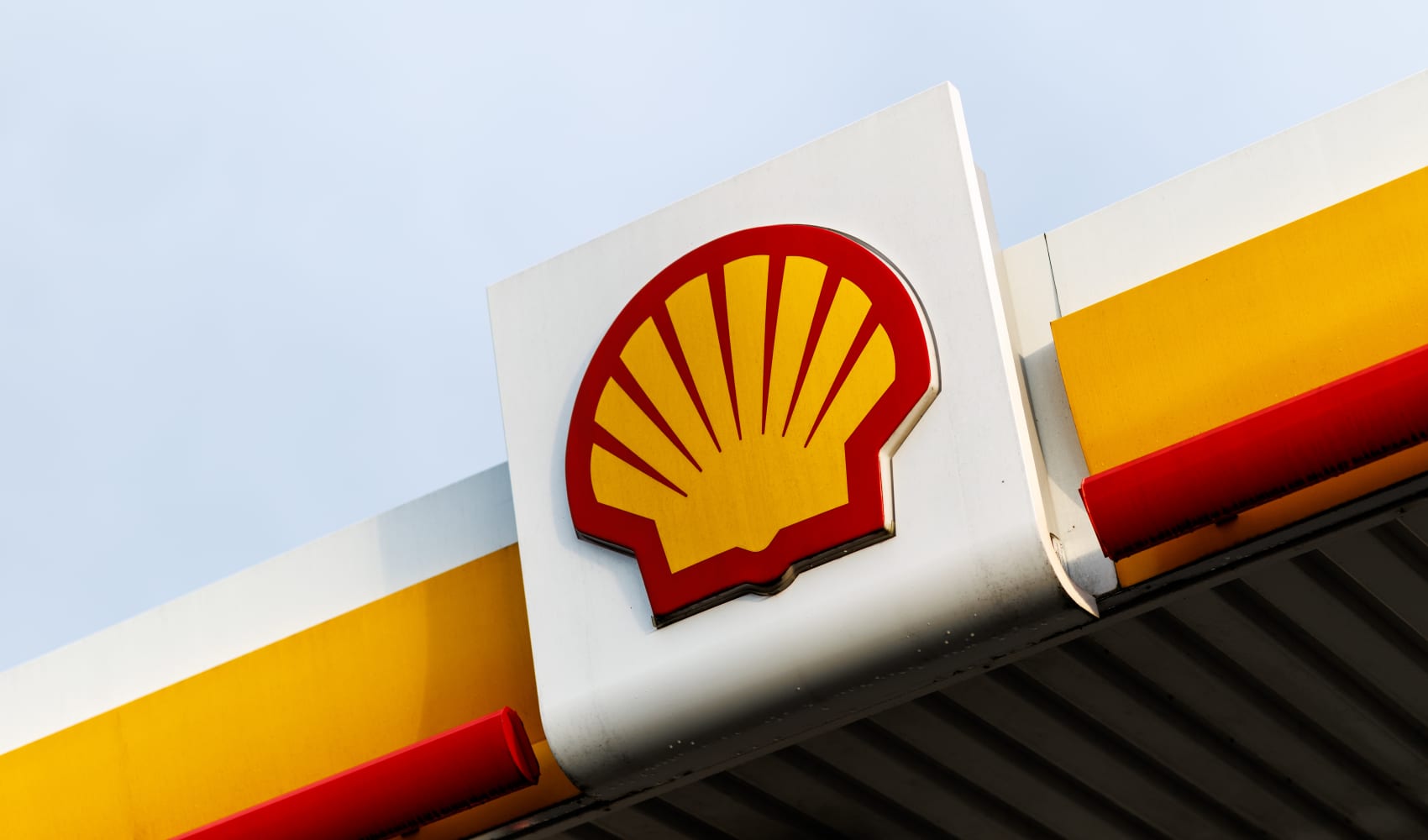Global energy powerhouse Shell has once again demonstrated robust financial health, reporting second-quarter profits that significantly surpassed market expectations and reaffirming its commitment to substantial shareholder returns through ongoing share buyback programs. This performance underscores a period of strategic efficiency and market resilience for the Anglo-Dutch multinational, navigating a dynamic global economic landscape.
For the three months ending June, Shell posted adjusted earnings of $4.26 billion, comfortably exceeding the $3.87 billion anticipated by analysts, according to LSEG-compiled consensus. This strong financial showing comes despite a backdrop of fluctuating global oil and gas prices, illustrating the company’s ability to maintain profitability even amid market volatility and weaker trading results in certain divisions, such as integrated gas and chemicals.
Further bolstering investor confidence, Shell announced an additional $3.5 billion in share buybacks scheduled for the next quarter. This marks the fifteenth consecutive quarter the company has committed to at least $3 billion in buybacks, signaling a consistent strategy of returning capital to shareholders and reinforcing its financial stability and long-term outlook.
The market has responded positively to Shell’s strategic moves and strong earnings. Its share price has outperformed several key European and U.S. competitors year-to-date, reflecting investor approval of its operational performance and financial discipline. CEO Wael Sawan expressed satisfaction with the results, emphasizing the team’s effective navigation of challenging macroeconomic conditions.
Shell’s strategic focus on cost efficiency has yielded significant results, with $800 million in structural cost reductions achieved in the first half of the year, contributing to cumulative savings of $3.9 billion since 2022. While net debt saw a slight quarterly increase to $43.2 billion, these cost-cutting measures are part of a broader company objective to achieve $5-7 billion in reductions by the end of 2028, reinforcing its financial resilience.
This strong corporate earnings trend is not isolated to the energy sector, as major tech companies like Meta Platforms and Microsoft also reported impressive financial results, handily beating earnings expectations. Microsoft’s shares notably surged, pushing its market capitalization above $4 trillion, indicating a broader wave of positive corporate performance across diverse industries.
However, the broader economic picture presented a mixed scenario for U.S. markets. While corporate earnings provided a lift, investor sentiment was also influenced by the Federal Reserve’s decision to hold interest rates steady, a move that saw a rare divided vote among the Federal Open Market Committee members. This reflects ongoing discussions regarding the impact of economic policies on inflation and overall market stability.
Geopolitical trade dynamics also played a role, with new tariff announcements affecting America’s trading partners. While some nations reached agreements, others faced higher duties, adding a layer of complexity to international commerce. These developments, coupled with observations of aggressive investor borrowing to acquire stocks, suggest a market environment characterized by both strong corporate fundamentals and heightened exuberance.





Leave a Reply